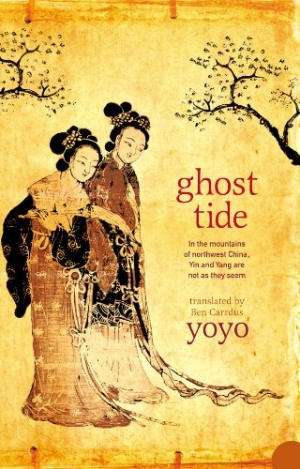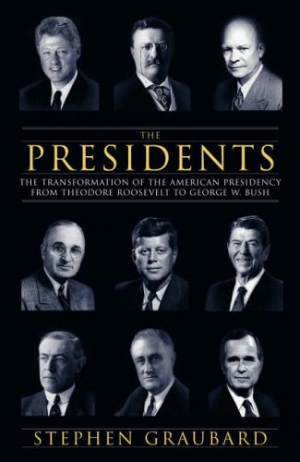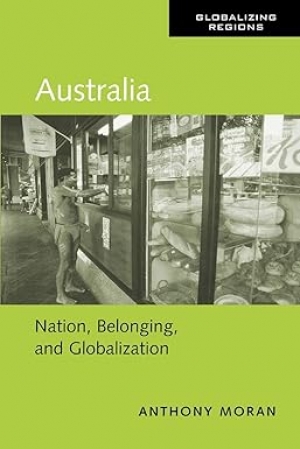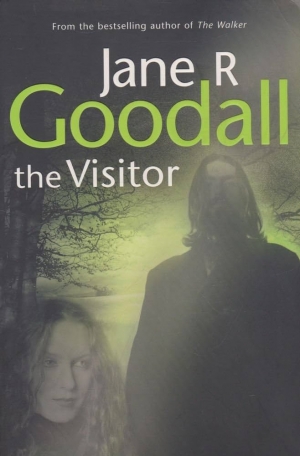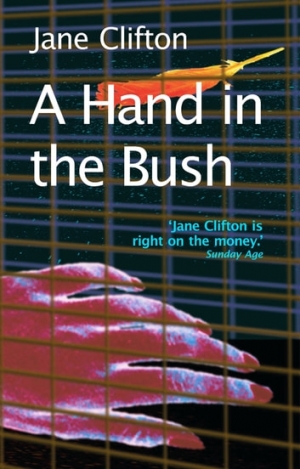Review
Morry Schwartz reviews ‘The Accidental Developer: The fascinating rise to the top of Mirvac founder Henry Pollack’ by Henry Pollack
Henry Pollack, the founder of Mirvac, one of Australia’s largest and most successful property development companies, started life in Lodz, a booming Polish textile town. Born in 1932, he belonged to a well-to-do family and became a bookish boy. He writes about his youth with vivid openness, describing not only events but his feelings, thoughts and youthful ideals. With this memoir, written towards the end of his life, Pollack comes close to being the writer he dreamt of becoming as a boy. Memories of his childhood have a fidelity and clarity that may well be the result of a life lopped and restarted at the age of sixteen; those early years are preserved as if in a time capsule.
... (read more)Nicholas Jose reviews ‘Ghost Tide’ By Yo Yo and translated by Ben Carrdus
A friend called me from Beijing recently to ask advice about her novel. She had played a prominent part in the avant-garde art movement associated with the protests at Tiananmen in 1989, and had achieved notoriety in both art and life. Fifteen years on, she wanted to give her own account of events, choosing the form of a roman-à-clef that would be published first in English. But now the Hong Kong agent helping to prepare her text wanted changes to enhance its appeal to foreign publishers. The agent wanted to tart it up, and my friend was unhappy.
... (read more)Peter Haig reviews ‘The Presidents: The transformation of the presidency from Theodore Roosevelt to George W. Bush’ by Stephen Graubard
The parameters of the twentieth century have, in the hands of historians, proved rather malleable. The need to contextualise the ‘End of History’, and a belief that eras are less arbitrarily and more accurately defined by events than by calendars, justified Eric Hobsbawm’s chosen bookends to his acclaimed Age of Extremes: The Short Twentieth Century, 1914–1991 (1994). Harvard historian Stephen Graubard, in his magisterial exploration of the transformation of the American presidency during the twentieth century, extends the reach of the century into the twenty-first – a continuity justified by the redolence of the strategies pursued by George W. Bush to those of Ronald Reagan. For all the present incumbent’s protestations of paradigm shifts necessitating new approaches and responses, Graubard convincingly posits him among the twentieth-century presidents.
... (read more)Tim Rowse reviews ‘Australia: Nation, belonging, and globalization’ by Anthony Moran
Australians have been experiencing ‘intensified globalisation’ in the last twenty years. That is, our political leaders, ‘under the sway of neo-liberal ideology’, have made decisions that have ‘intensified’ the ‘widening, deepening and speeding up of worldwide inter- connectedness in all aspects of contemporary social life’ (David Held). They have curbed the influence of arbitration and promoted enterprise bargaining and individual contracts. They have deregulated banking and capital flows, and reduced tariff protection. They have made the tax system less progressive. They have reduced spending on social welfare. And they have privatised and corporatised many government services and utilities. Moran, preoccupied with political economy, tends to take as given the technological features of ‘intensified globalisation’ (the indexer saw no reason to include ‘computer’, ‘telephone’ or ‘Internet’). His sense of globalisation resembles Paul Kelly’s account of the dissolution of the Australian Settlement. With Australians becoming more ethnically diverse and less economically secure, there are ‘feelings of vulnerability and disorientation among the populace’.
... (read more)Tony Smith reviews ‘The Visitor’ by Jane R. Goodall, ‘Rubdown’ by Leigh Redhead and ‘The Broken Shore’ by Peter Temple
Some generals in Australia’s ‘culture wars’ have appointed themselves defenders of a mythical identity against the incursions of multiculturalists and ‘black armbanders’. Literary skirmishes over national identity have been more mundane, concerning mainly eligibility for awards. Certainly, three recent crime novels suggest that Australian writing benefits from adoption of a broad definition. That these three novels vary widely in plot, setting, characterisation and style is understandable given the authors’ disparate backgrounds.
... (read more)Broken/Open, Jill Jones’s fifth book of poems, explores the meanings of breaking and opening partly through an exploration of memories where the past is more accessible than the unexpected shocks of the present. Jones’s previous book, Screens Jets Heaven: New and Selected Poems (winner of the 2003 Kenneth Slessor Poetry Prize), contained many poems that hinted at abstraction. Broken/Open, divided into eight sections, furthers that abstraction. Journeying through sites of childhood and memory, the book’s forays into the past open out the present, particularly in the last epiphanic section. Unlike in some earlier work, where social and political comment were overt, opinions are often relegated to phrases to make context for the main drama, although one poem mirrors the plight of asylum seekers with its rudimentary finish: ‘Because I don’t belong here – being from the State of Flux – my / papers do not rhyme … // Because I don’t belong here, I know it is better and I know it is / worse’ (‘Refrains on Sand’).
... (read more)Graham Tulloch reviews ‘Robert Louis Stevenson: A biography’ by Claire Harman
It would be difficult to write an uninteresting life of Robert Louis Stevenson (1850–94). There is the progression from the young Stevenson, so often sick and confined to bed, to the intrepid traveller full of life and vigour as he sailed the South Seas. There is the move from cold and chilly Edinburgh to the ‘warm south’ of France and to the even warmer south of the Pacific. There is the dash across the Atlantic and America to claim Fanny Osbourne as his wife. There is the spectacular popular success of works such as The Strange Case of Dr Jekyll and Mr Hyde (1886). There is Stevenson’s death at the age of forty-four and his burial on the top of a Samoan mountain. There is even, for us in Australia, the interest of Stevenson’s visits to Sydney. On top of this wealth of incidents, biographers can draw on eight packed volumes of hugely quotable letters and a treasure trove of photographs from the earliest ones with his parents in Edinburgh to some iconic images in the South Pacific.
... (read more)Jake Wilson reviews ‘A Hand in the Bush’ by Jane Clifton, ‘Death By Water’ by Kerry Greenwood and ‘The Devil’s Companion’ by John Misto
There is a trick to the trite title of Death by Water, the fifteenth volume in Kerry Greenwood’s series about the hedonistic 1920s private detective Phryne Fisher. Contrary to expectations, no murder occurs for more than two hundred pages. In the meantime, the nominal plot involves the hunt for a jewel thief aboard a cruise ship bound for New Zealand, but far more attention is devoted to meals, cocktails, cigarettes, clothes, dance music, maritime scenery, anthropological chit-chat and recreational sex. Literary quotes of approximate relevance head each chapter, while ratiocination occurs as an accompaniment to life’s more sensual pleasures: ‘Phryne ate a thoughtful croissant.’
... (read more)John Golder reviews ‘The Smallest Giant: An actor’s life’ by Michael Craig
The publisher’s puff to actor Michael Craig’s autobiography, a ‘fascinating, wittily wicked memoir of his life in film, theatre and television’, is unfortunate: not only is its conventional hyperbole on this occasion a cruel overstatement, but it misleadingly suggests a meaningful structuring of the events of Craig’s long career – in three media on two continents – that is nowhere apparent. Craig himself calls it more modestly a ‘rambling discourse’.
... (read more)John McPhee reviews ‘Yesterday’s Tomorrows: The Powerhouse Museum and its precursors 1880–2005’ edited by Graeme Davison and Kimberley Webber
A book we have all been waiting for, a history we have all needed, should be assured success. In the Australian museum world, such a publication should garner acclaim, yet this review will fail to deliver the praise it anticipates. My lack of enthusiasm is not because the editors have failed to do a good job. In fact, they have brought together a wide-ranging series of essays that fascinate and illuminate just as one might wish. Telling the story of the Museum’s complex history, from its foundation in 1880 as the Industrial, Technological and Sanitary Museum, which became the Museum of Applied Arts and Sciences in 1950 and, in 1988, the Powerhouse Museum, Yesterday’s Tomorrows captures the changing times and purpose of the institution.
... (read more)

